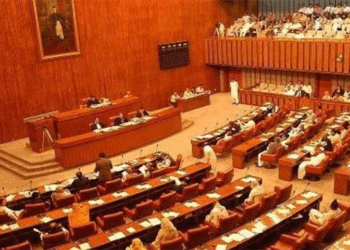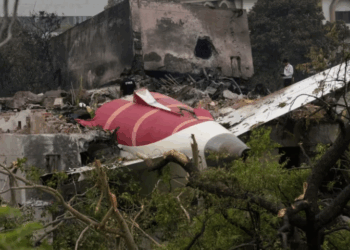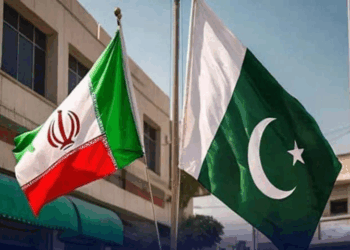Islamabad, June 4, 2025: Deputy Prime Minister and Foreign Minister Ishaq Dar has said that while Pakistan is willing to engage in dialogue with India, it is not desperate to do so. Speaking at a press conference in Islamabad on Wednesday, Dar emphasized that any talks must be comprehensive and include core issues such as terrorism and the Indus Waters Treaty.
He cautioned that any attempt by India to block or divert Pakistan’s water under the treaty would be considered an act of war, stressing that the Indus Waters Treaty is safeguarded under international law and cannot be unilaterally suspended or altered.
Tensions between the two countries have escalated in recent weeks following a deadly attack on tourists in Pahalgam, Indian Illegally Occupied Jammu and Kashmir (IIOJK)—an incident New Delhi blamed on Islamabad. In response, India announced the suspension of the treaty and launched missile strikes inside Pakistani territory, which it claimed targeted “terrorist bases.” The strikes, however, led to civilian casualties, including women, children, and Pakistani military personnel.
Pakistan responded with what it called precision military strikes on Indian defense infrastructure, triggering the most serious military confrontation between the two nuclear-armed nations in decades. According to Dar, the Pakistan Air Force downed six Indian fighter jets and an unmanned aerial vehicle (UAV) during the hostilities.
The 87-hour conflict ended after a U.S.-brokered ceasefire, though bilateral ties remain severely strained. Dar said the ceasefire is currently holding but accused Indian political leaders of inflaming tensions ahead of their general elections.
“India’s so-called ‘new normal’ has collapsed,” he said. “The world has seen the reality of its ambitions and the strength of Pakistan’s response—both militarily and diplomatically.”
Dar highlighted that Pakistan’s measured military action and proactive diplomatic outreach drew international attention and even some domestic criticism within India.
As part of its diplomatic campaign, Pakistan dispatched a high-level delegation led by former foreign minister Bilawal Bhutto Zardari to the United States, United Kingdom, and the United Nations to present Pakistan’s position on the crisis and counter India’s narrative.
Dar, who heads the nine-member parliamentary delegation, reported that Pakistan’s stance was well received internationally.
He also noted that Prime Minister Shehbaz Sharif has undertaken visits to Türkiye, Iran, Azerbaijan, and Tajikistan to thank those governments for their support. A visit to Saudi Arabia is scheduled for tomorrow.
In a significant diplomatic development, Dar announced that Pakistan will assume the presidency of the United Nations Security Council next month. During its tenure, Pakistan will focus on the theme:
“Promoting International Peace and Security through Multilateralism and the Peaceful Settlement of Disputes.”








